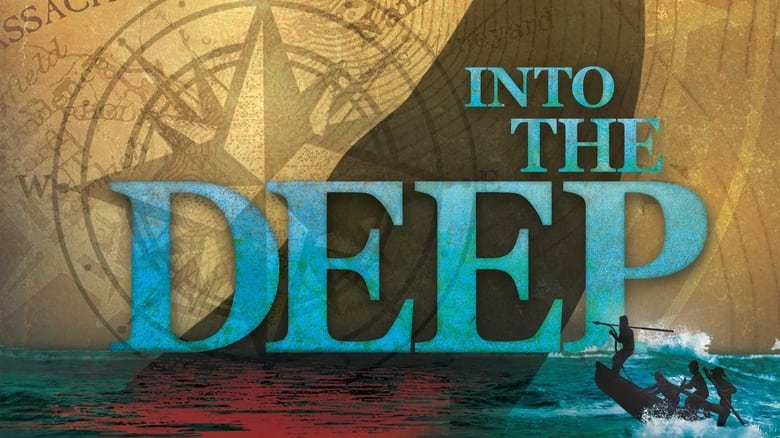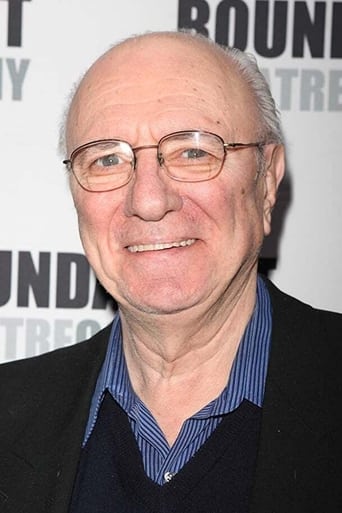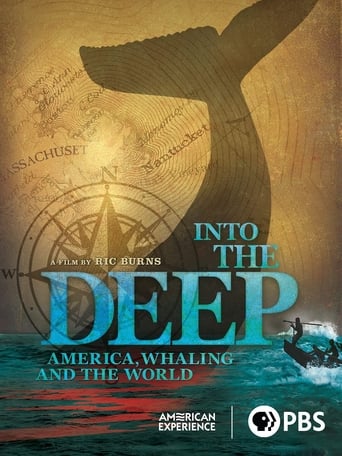
Into the Deep: America, Whaling & The World
May. 10,2010Examine the American whaling industry from its 17th-century origins in drift and shore whaling off the coast of New England and Cape Cod, through the golden age of deep ocean whaling, the tragedy of the Essex, and the career of Moby Dick's Herman Melville, and on to its demise in the decades following the American Civil War.
Similar titles

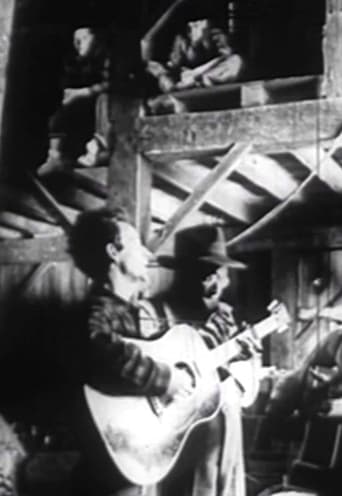
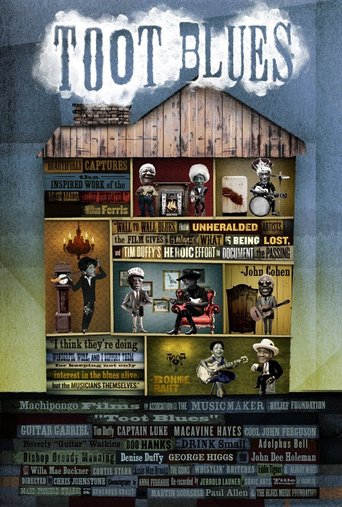
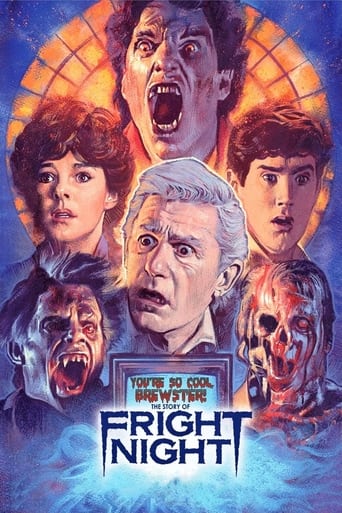
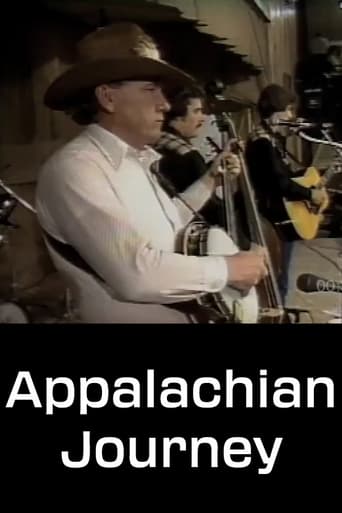
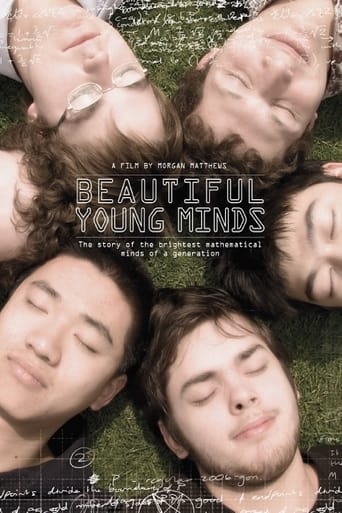
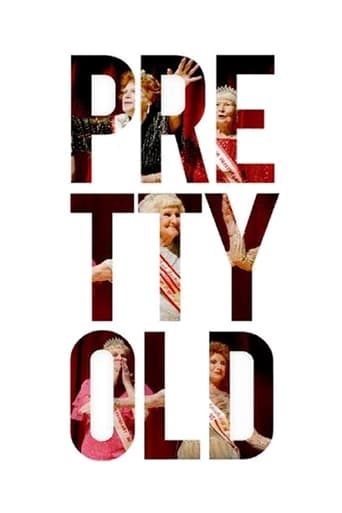
Reviews
Very very predictable, including the post credit scene !!!
Memorable, crazy movie
It’s fine. It's literally the definition of a fine movie. You’ve seen it before, you know every beat and outcome before the characters even do. Only question is how much escapism you’re looking for.
The film never slows down or bores, plunging from one harrowing sequence to the next.
A sprawling, sometimes unfocused, usually fascinating and occasionally moving look at American whaling from the early days of the colonies, to the beginning of the 20th century. It does a very good job of capturing both the awful brutality, and incredible danger of the hunts. There are some talking heads, but much more is a very pleasing mix of old drawings, photographs, and modern photography of scrimshaw and whaling boats (often not re- enactments as much as just striking images of the vessels at sea). For the first while the film focuses on the early history of U.S. whaling, explaining how important it was to the industrial revolution, being the major source of oil for lighting and lubrication before the days of ground based petroleum products It also explains how the riches from whaling literally paid for much of the nation's expansion. It then switches tacks to tell the harrowing true story of the doomed whaling ship "The Essex", a story which helped prompt Herman Melville to write "Moby Dick". The film then spends a good deal of time on "Moby Dick" itself, with some excellent dramatic readings by Robert Sean Leonard, and the examination of the story and it's themes (with spoilers for those not familiar with the book). It also briefly traces how "Moby Dick" fared in the literary world, and then circles back around for a cursory mention of the end of traditional whaling and the rise of industrial whaling in the early 20th century. For me, this last transition is handled too quickly and off-handedly, the revelation that whale populations were far more depleted by the 20th century whaling than in all the whaling done before – which feels contradictory to what the film had been implying up until then. But those flaws are minor, and overall this is a very good, if slightly scattered, look at a way of life that was a far bigger part of America's history than I ever realized.
The American Experience: Into the Deep: American, Whaling & the World (2010) *** 1/2 (out of 4) This is a rather ambitious documentary that actual covers three events connected by one tie. The first even is how back in the day whaling helped form America because it became one of the first major ways to get income moving. The second story deals with the tragic events surrounding the whaling ship The Essex, which was struck by what seemed like a vengeful whale. The ship would end up sinking and then men aboard would features some of the greatest horrors. Lastly, these events would help Herman Melville write 'Moby Dick' which would end his writing career but later bring him fame. I had never really paid any attention to any of the three subjects here and in fact I had never even heard of The Essex and its story so that's why I wanted to check this documentary out and in the end it goes through so much detail that you really come away as if you know everything on the matter. The film contains some awfully dramatic moments no matter which story they're covering. It's fascinating hearing the various ways that whaling helped changed this country back in the day and what issues it would face as wars would break out. For The Essex, it was fascinating hearing about the whale attack and the aftermath, which has the survivors doing unimaginable things to try and stay alive. The fatal mistake they make refusing to go to one island because they thought cannibal were there and then it would turn out that they would turn into cannibals themselves. Director Ric Burns does a wonderful job at mixing these three stories and telling us their history but I think the stuff will Melville wasn't needed. I say that because it's clearly the least noticed of the three stories and in fact there's not too much told about it other than the book was a flop only to be discovered sixty years later. I think it could have been mentioned as being influenced by The Essex but its whole story left for another documentary. Either way, this is clearly a wonderful documentary but people should be warned that there's some graphic violence from older footage showing whales being slaughtered.
"The American Experience: Into the Deep" is an exceptionally well made film that I strongly recommend. However, there are some seriously difficult portions of the film that are NOT good stuff for young kids or even some adults to watch. If you watch, you will see some very bloody and disturbing footage of whaling. Whales being killed and rendered is not something everyone wants to see or needs to see. In addition, there is a VERY graphic account in the show about a ship (The Essex) that was actually sunk by a whale (and it was the inspiration for Melville's "Moby Dick")--and the aftermath is quite nasty. Very vividly told accounts of men on lifeboats cannibalizing each other in order to make it back to land will turn a few stomachs. DO NOT SAY YOU WEREN'T WARNED!! I appreciate the show because Whaling is a HUGE part of American history that most of us are unaware of today. And, being politically incorrect, many of us would rather just forget it. However, this is a mistake because the American economy of the 18th and 19th century grew to one of the strongest on the planet due, in large part, to whaling. Without whale oil, the industrial revolution might not have taken place or would have been severely curtailed. And, economically, it IS who the country was for much of our early history. Additionally, the stories of the incredible danger are quite compelling and should not be forgotten. The film uses the typical style of a PBS documentary--fantastically evocative music, photos, film clips, recreations and a slow and deliberate pace. It's an exceptional film--just be patient and watch the story unfold. Well worth seeing.By the way, it's pretty easy to believe that Ric Burns (who made this film) is the brother of famed Ken Burns--as the style is very similar and both worked together on such amazing projects as "The Civil War".
Top Streaming Movies











